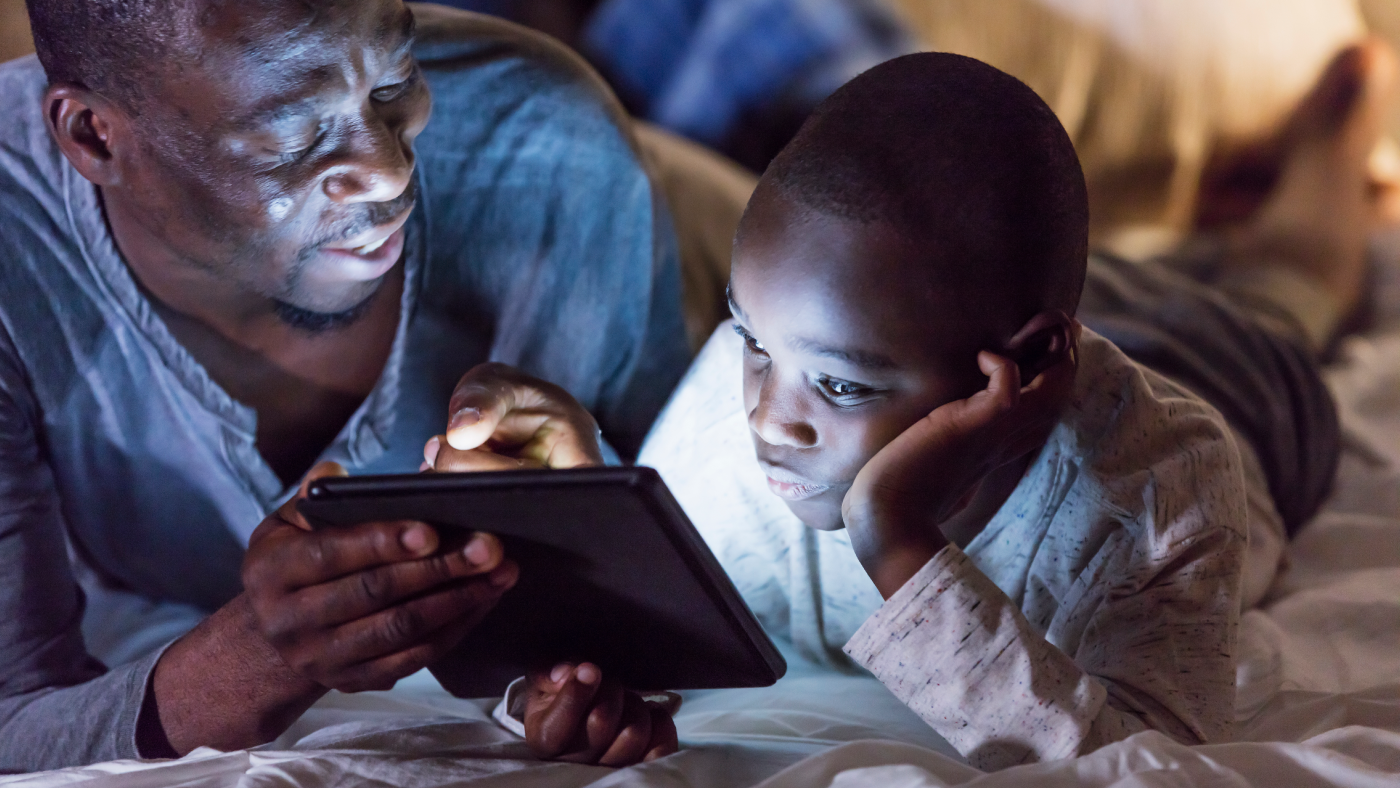The State of Blogging
By the end of 2004 blogs had established themselves as a key part of online culture: 7% of U.S. internet users say they have created blogs and 27% say they are blog readers.
By the end of 2004 blogs had established themselves as a key part of online culture: 7% of U.S. internet users say they have created blogs and 27% say they are blog readers.
54 million U.S. internet users have used the internet to take a virtual tour of another locale.
A new intersection for politics and consumerism has emerged that aspires to ignite an economic backlash to the 2004 election.
Artists and musicians are enthusiastic internet users and they believe the internet helps them make and sell their work.
A compendium of Pew Internet Project findings presented at the 10th Anniversary of the World Wide Web Consortium in Boston on December 1.
Got bandwidth at home? Like politics? If you answer 'yes' to these questions, and you're young, the internet shaped what you learned about the presidential election.
Blogs are emerging as an alternate source of news. Check out some blogs to learn more.
This slide show presents trends from 2002 to 2004 in adoption of high-speed internet connections at home among Americans living in rural parts of the country.
As wired Americans increasingly go online for political news and commentary, we find that the internet is contributing to a wider awareness of political views during this year’s campaign season.
33 million American internet users have reviewed or rated someone or something as part of an online rating system.

Roughly four-in-ten Americans have experienced online harassment. Growing shares face more severe online abuse such as sexual harassment or stalking.
Two-thirds of parents in the U.S. say parenting is harder today than it was 20 years ago, with many citing technologies, like social media or smartphones, as a reason.
From distractions to jealousy, how Americans navigate cellphones and social media in their romantic relationships.
Majorities of U.S. adults believe their personal data is less secure now, that data collection poses more risks than benefits, and that it is not possible to go through daily life without being tracked.


